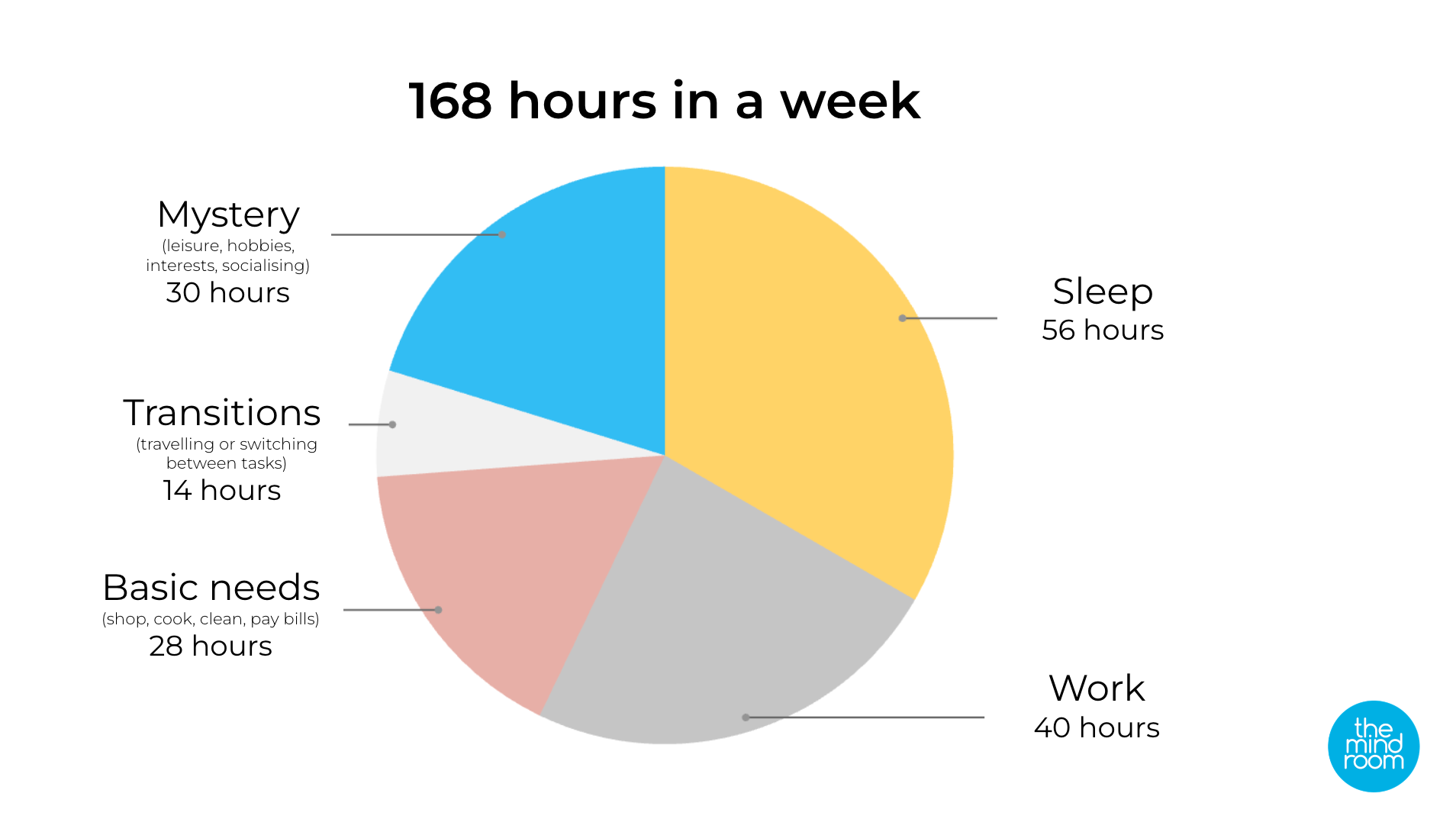How TEA can transform your performance

Dr Jo MitchellYour time, energy and attention are currency. Spend wisely.
The notorious Gold Coast fraudster, Peter Foster, made a fortune through a lifetime of scams involving everything from racing to real estate. One of these scams involved selling Bai Lin – an ancient Chinese diet secret for weight loss. It turned out to be no more than black tea.
While less likely to make you a quick fortune or break any criminal codes, there is a tea on the market that may just deliver on what it promises. This tea is a foundational framework for approaching performance in any life domain – work, study, sport, relationships.
TEA is an acronym for time, energy and attention. These three elements make up a currency that we all have and need to protect and spend wisely, or risk them being stolen from us.
Time
When questioned by reporters on how he missed the Tesla production timeline Elon Musk reportedly responded with a quote:
Robert J. HanlonPeople should not ascribe to malice that which can easily be explained by stupidity.
Musk was known for his wildly inaccurate timelines. This was less likely due to stupidity or malice and more likely he was prey to a common thinking error – the planning fallacy.
The planning fallacy is the tendency to underestimate the time it will take to complete a future task despite knowing that similar tasks have taken longer in the past. It is fuelled by an optimism bias (one of 188 identified cognitive biases) whereby we want things to happen or wish them to be true.
Examples are underestimating how much renovations might cost or how long a work task will take. Multiple studies show that we continue to underestimate timelines even when we are aware of our cognitive bias.
The planning fallacy can be helpful for innovation. How many projects would you not have started if you had an accurate understanding of the time and effort required? Sometimes, ignorance is bliss. But often, underestimating time and committing to overly optimistic deadlines just leads to unnecessary stress, guilt and underperformance.
With only 24 hours in a day, 168 hours in a week and 8,760 hours in a year, we know that time is a finite resource and we need to think about how we use and prioritise it.
Time and our relationship to it has dominated the workplace studies of productivity and performance since the 1960s. Ultimately what this body of research tells us is that time management has a moderate influence on job performance, academic achievement, and wellbeing. It is part of the picture but does not fully explain all of it.

Energy
Let’s assume you have allocated and prioritised your time effectively. For example, you have set aside enough time to study for an upcoming test. Then, when the moment to sit down and study comes, you feel tired, distracted and unmotivated. Your mind just won’t do what you hoped it would.
To perform effectively in any part of our life – work, relationships, sport – we need to give it our full attention. To manage our attention effectively we need enough energy. When you run out of energy, your motivation and the ability to maintain focus declines or disappears.
Benjamin FranklinEnergy and persistence conquer all things.
Not all time is equal – our energy ebbs and flows throughout the day. How often have you found yourself allocating ‘low energy’ time periods for ‘high energy’ activities, like trying to understand a complicated financial report immediately before an important meeting and after a sleepless night.
Whether you are an early bird or a night owl, understanding your energy peaks and troughs across a day, a week and life stages, is key. If you understand your own energy profile then you can plan your activities around it.
You can also learn what restores and drains your energy. The ultimate energy reset is sleep and nutrition. Regular, consistent and enough night time sleep and quality food is key. When we skip sleep or meals, or get low quality versions of them, energy, attention and performance suffers.
Tom RothSleeping is an investment in the energy you need to be effective tomorrow.
While sleep and fuel are the big hitters when it comes to energy restoration, there are plenty of other activities that also help. For example, naps, morning light, meditation, deep breathing, time in nature, social connection and exercise. Experiment and learn for yourself what levers you have for restoring/draining your energy.
Attention
Let’s say you are well fed and rested, energy is high and you have set aside the right amount of time to study for that test. There is one more ingredient to help your performance potential – you need the capacity to focus your attention on the task at hand.
Like energy, attention is a finite and renewable resource that resets each new day and responds well to sleep and nutrition. We can also maximise high quality attention through minimising environmental distractions and novelty in the environment. Put your smartphone away, put up your do not disturb sign, and turn down the music. You can also try training your attentional capacity through mindfulness and meditation practices.
Bruce LeeThe successful warrior is the average human, with laser-like focus.
Given most performance preparation involves some form of learning, it is useful to understand some of the neuroscience behind it. The latest research shows us that the key to learning anything is a period of (a) deep focus, followed by (b) deep rest. Yes – a nap or night time sleep after trying to learn something is your best way to consolidate the learning.
We talked about the importance of night time sleep, but you can also use short ‘deep rest breaks’ – unhooking from deliberate thought. As little as 20 minutes can be enough to accelerate neuroplasticity necessary for learning. For example, time in nature, naps, meditation, morning sunlight and looking to the horizon, or other tasks that you find restorative.
So here is the TEA. To maximise your performance in any valued life domain you will want to consider and manage not just your time but also your energy and attention.
The challenge is taking this knowledge and applying it to shape the environments in which we work, play and connect. So we all have the best chance of realising our performance potential.





